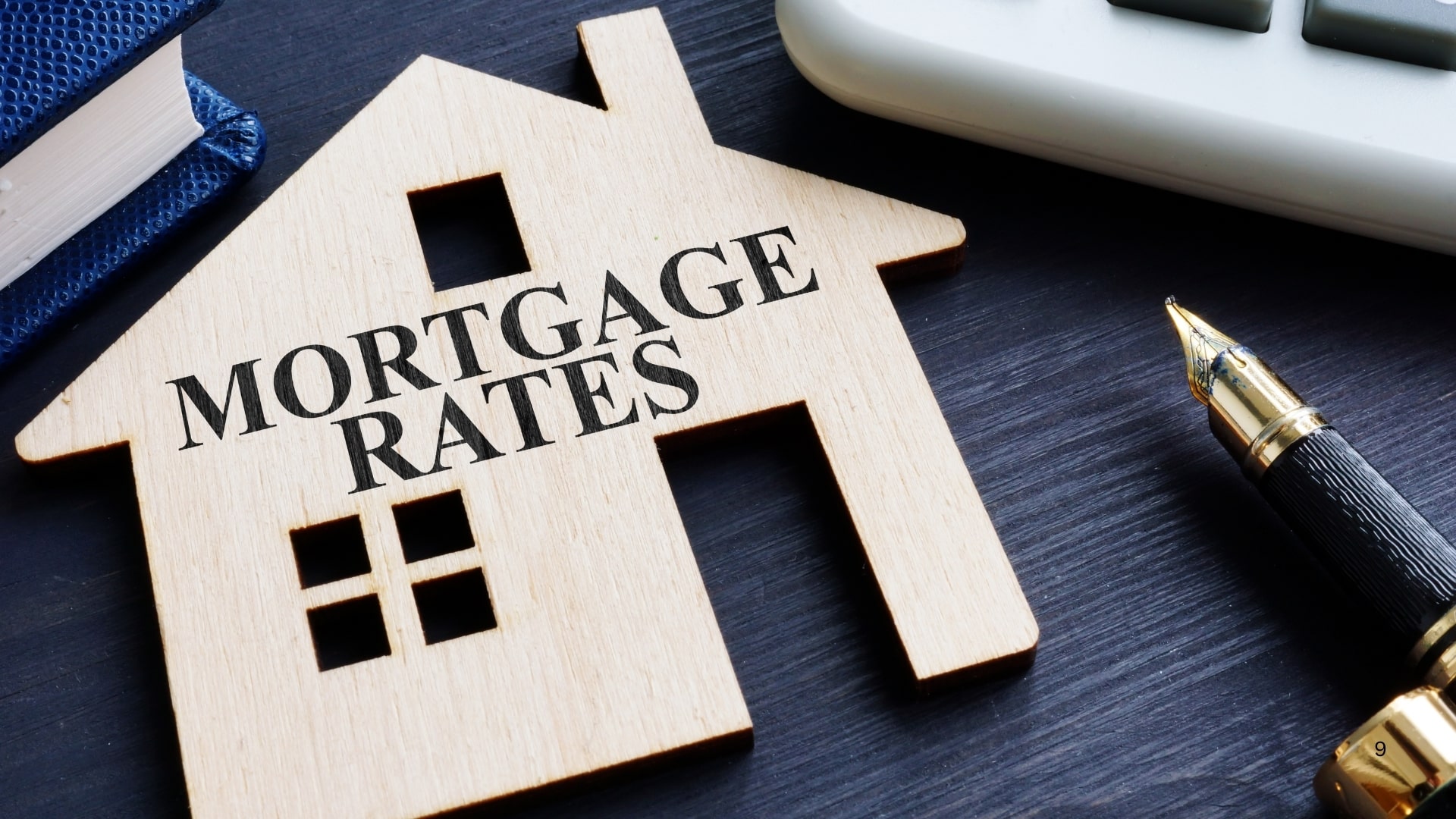
Buying a home is one of the most exciting milestones in life, but it can also be one of the biggest financial decisions you’ll make. A big part of that decision is securing a mortgage that fits your budget—and getting the best mortgage rate can make a huge difference in the amount of money you’ll pay over the life of your loan. The good news is, there are simple steps you can take to increase your chances of getting the best possible rate.
In this guide, we’ll walk you through everything you need to know to secure the best mortgage rate for your new home. From improving your credit score to understanding loan types, these tips will help you make informed decisions and save money in the long run.
Table of Contents
1. Understand What Affects Mortgage Rates
Before we dive into how to get the best mortgage rate, it’s important to understand what factors influence mortgage rates. Mortgage rates can vary based on:
- Your Credit Score: Lenders use your credit score to determine how risky you are as a borrower. The higher your score, the lower your rate will likely be. A good credit score shows lenders you’re responsible with credit and are less likely to default on your loan.
- Your Down Payment: The more you can put down upfront, the less you’ll need to borrow, and the lower your risk will be for lenders. A larger down payment can often result in a better mortgage rate.
- Loan Type: Different types of loans, such as fixed-rate or adjustable-rate mortgages, come with different interest rates. The length of your loan (15 years vs. 30 years) also impacts your rate.
- Economic Conditions: National economic factors, such as inflation, interest rates set by the Federal Reserve, and overall market conditions, play a big role in mortgage rates.
2. Improve Your Credit Score
Your credit score plays a major role in the interest rate you’ll be offered. Lenders use this number to assess how likely you are to repay your loan. A higher score generally means a lower rate because lenders see you as less of a risk. On the other hand, a lower score might result in a higher rate—or you might even be denied a loan.
Tips to improve your credit score:
- Pay bills on time: Late payments can have a major negative impact on your credit score.
- Pay down credit card balances: Keep your credit utilization ratio below 30% of your credit limit.
- Check for errors: Sometimes, mistakes on your credit report can lower your score. Make sure everything is accurate.
- Don’t open new credit accounts: New accounts can temporarily lower your score.
3. Save for a Larger Down Payment
The larger your down payment, the less you’ll have to borrow. A bigger down payment not only reduces the size of your loan but also shows lenders that you’re financially responsible. In many cases, putting down at least 20% will help you avoid paying for private mortgage insurance (PMI), which can add to your monthly costs.
Why a larger down payment matters:
- It lowers your loan-to-value (LTV) ratio, which reduces the lender’s risk.
- It can help you qualify for a better interest rate.
- It reduces the amount of debt you have, which can help with financial flexibility.
4. Shop Around and Compare Lenders
Lenders offer different mortgage rates, so it’s essential to shop around and compare options. Don’t settle for the first offer you get. Even a small difference in rates can save you thousands of dollars over the life of the loan.
When comparing lenders, make sure to look at:
- Interest rates: Compare the rates offered by multiple lenders. Even a small difference can add up over time.
- Fees: Lenders may charge different fees, including origination fees, appraisal fees, and closing costs. Be sure to factor in these costs when comparing offers.
- Customer service: Choose a lender that is easy to communicate with and provides excellent customer service throughout the mortgage process.
5. Consider the Type of Loan
Different types of mortgage loans come with different interest rates and repayment structures. Understanding these options will help you choose the loan that works best for your financial situation.
- Fixed-rate mortgage: This is the most common type of mortgage. Your interest rate remains the same for the entire loan term, so your payments will be predictable. Fixed-rate mortgages are typically ideal for people who want stability and plan to stay in their home for a long time.
- Adjustable-rate mortgage (ARM): With an ARM, your interest rate can change over time based on market conditions. These loans often start with a lower rate, but it can increase after a certain period. ARMs may be a good option if you plan to sell or refinance before the rate adjusts.
- 15-year vs. 30-year mortgage: A 15-year mortgage generally offers lower interest rates compared to a 30-year mortgage. However, your monthly payments will be higher with a 15-year loan. If you can afford it, a 15-year mortgage can save you a significant amount in interest payments.
6. Lock in Your Rate
Once you find a mortgage rate that you’re happy with, consider locking it in. A rate lock guarantees that your interest rate won’t change during a certain period, even if market rates rise before you close on the loan. This can give you peace of mind knowing that your rate will stay the same.
Be aware that rate locks usually last for 30 to 60 days, so make sure you’re ready to close within that timeframe.
7. Be Aware of Additional Costs
While the interest rate is an important factor, don’t forget to consider other costs associated with getting a mortgage. Some lenders offer low rates but charge higher fees, which can add up over time.
Look out for:
- Closing costs: These are the fees you pay to finalize the mortgage. They can include appraisal fees, title insurance, and attorney fees.
- Private mortgage insurance (PMI): If your down payment is less than 20%, you may have to pay PMI, which protects the lender in case you default on the loan.
- Points: Some lenders offer the option to pay points (fees that are 1% of the loan amount) in exchange for a lower interest rate. Consider whether paying points makes sense for you.
8. Consider Your Loan Term
The length of your mortgage can impact your interest rate. Shorter loan terms, like a 15-year mortgage, tend to have lower interest rates than longer terms like a 30-year mortgage. However, with a shorter loan term, your monthly payments will be higher.
If you can afford the higher payments, a 15-year mortgage can help you save money on interest. But if you need a more affordable payment, a 30-year mortgage might be a better option.
Getting the best mortgage rate is about more than just finding the lowest number on a piece of paper. It’s about understanding how your financial situation, credit score, down payment, and loan type can affect your rate. By following the tips outlined in this guide, you’ll be well on your way to securing the best rate possible, saving money, and making a smart financial decision for your future.
Happy house hunting, and good luck securing that great mortgage rate!




